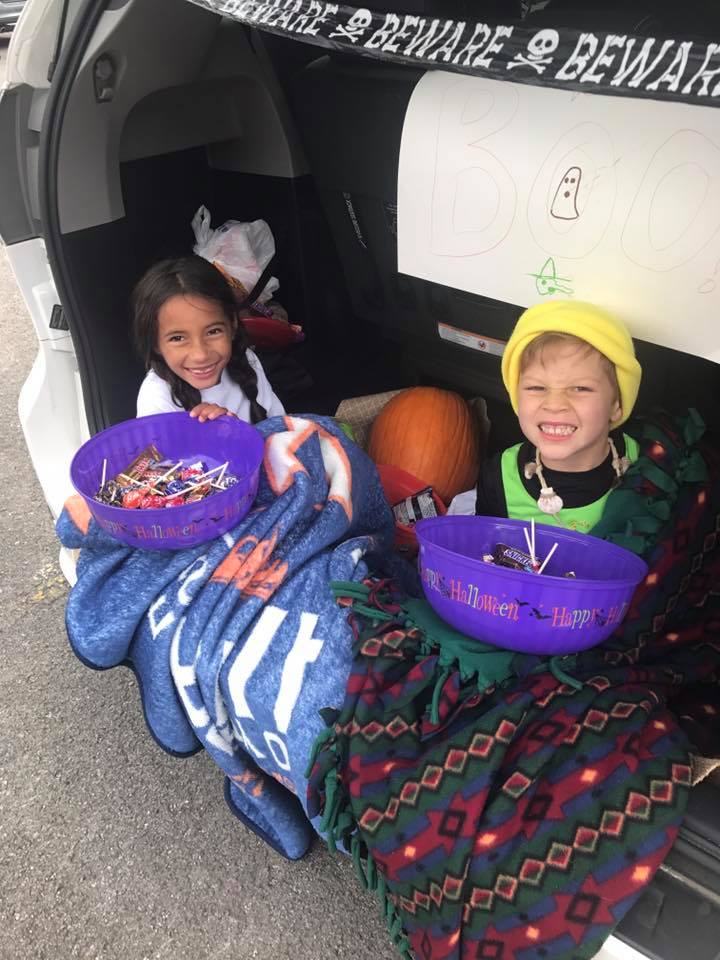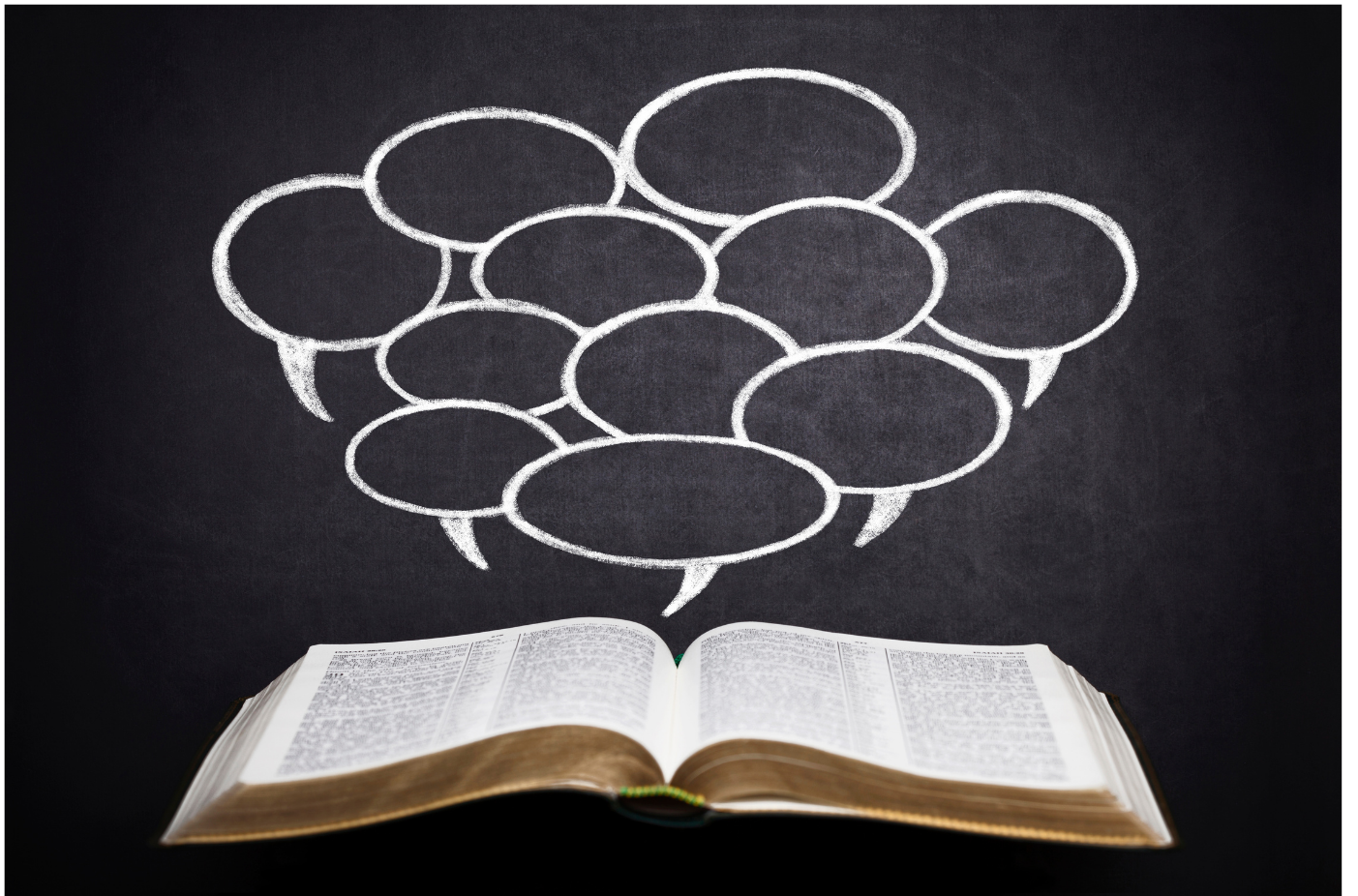Disclaimer: We are in a time where trust and grace aren’t running high in our country or world. That can mean we look at…well, everything…with a critical eye. Understandably a blog post on talking to your kids about race and racial injustice will be ripe for criticism and judgment. I write this post as a Black woman and a parent sharing my experience.
You are free to disagree with my framing, ideas, or analysis. There is an abundance of resources on the Internet – so google it! You can find guidance here https://www.essence.com/lifestyle/parents-educate-kids-racism/ or here https://kidshealth.org/en/parents/talk-about-race.html
In the event that this can be helpful, I wanted to take the risk and share it. So here goes!
We have a lot of topics we’re needing to tackle as parents – always, but particularly in 2020. We have our work cut out for us.
- Global pandemic
- Presidential election
- Racial injustices
- Death (due to COVID and life generally)
- Unemployment
- Wildfires
This post is specifically about talking to your kids about race and racial injustices – but hopefully, you find this frame helpful for other topics as well.
The more undefined a topic appears, the more important it is to approach it with some level of structure and wisdom. Engaging with your children about race and racial injustice is no different.
6 Guides for Talking to Your Kids About Race and Racial Injustice
- Know Your Personal Why
- Find a Prompt for the Discussion
- Pique Their Curiosity With Questions
- Share Your Key Points or Perspective (Historical and Logistical? Personal and Emotional?)
- Focus on Systems Not Individuals
- Determine What’s Next
In this first part of our blog post, we want to start with know your personal why.
Know Your Personal Why
When you are broaching a topic that is complex, you should know your personal why. Why does this topic matter for you? Why does this topic matter for your kids?
It’s not always going to be an easy conversation, and it may be a little messy. But if you can just start and be able to share (or simply know) why it matters so much for you, that will help clear the path.
There are a number of motivations for talking to your kids about race and racial injustice. Ideally, everyone can connect to at least one “why”. To be human and care for others is to see how people’s lives are lived – their joys and pains. You cannot understand this country, this world, or your place within it, without some context on race and racism.
-
Personal Experiences:
When I was growing up, my parent’s personal experiences informed why and how they wanted to talk to me about race and racism. My mom grew up in the South, in segregated schools. My dad grew up in integrated schools in the North. Both went to college and graduate school – navigating opportunities their parents never had. Throughout life, they experienced the effects of racism and wanted us to be prepared for it and know about it. They also wanted us to know our rich history. They wanted us to know our history beyond slavery in America – but they wanted us to know about Africans all over the world. Their personal experiences framed their why. Having talked to friends of different backgrounds, they have a different personal why. I have friends who grew up in a homogenous country and didn’t fully understand racism in the United States until they had a specific and unique experience. Or I have friends who grew up White in the United States and had a why connected to what they learned and what they saw in their own experiences and families. Our “why” may be different, but make sure you have one.
-
Kid’s Potential Experiences:

My kids Trunk or Treating. Their kids’ potential experiences also framed their why. This is also a big part of my “why” as well. My family is multi-racial. My husband is White, I am Black, and my kids….well, my son would appear White to most, and my daughter could appear many ethnicities. So when we layer gender on top of racial and ethnic appearances, the impact on their lives will be very different! I have many stories about this already and will save that blog for another time :).
While everyone can probably bring your own personal experiences into your why there may be some other reasons
-
Citizen of the World or History:
You may pride yourself and your family on being citizens of the world and history. You simply cannot be a citizen of the world or history without talking openly and honestly with your kids about race.
-
Justice and Equity Mindset:
You may want a more just and equitable world. Many injustices – domestically and globally – come at the hands of racism or other forms of actions by humans – from bias to genocide – at the hands of external markers.
-
Spiritual and Religious Beliefs:
Your spiritual and religious body may create an important and deep charge to love others or treat others justly, and understanding the impact of race, racial injustice, and racism is an important part of that.
-
Personal Value System:
Finally, it may just be that you have a personal value system that leads you to know that you want your kids to understand and comfortably talk about race and racism.
The reality is you likely have some version of all of the above.
When talking to your kids about race and racism you will want to know what you believe and why this conversation matters. The fact that all the playground moms are talking about it, or it is all the rage on social media, or you just want racism to go away is not sufficient.
Look out for our next blog where we cover prompts and curiosity.





